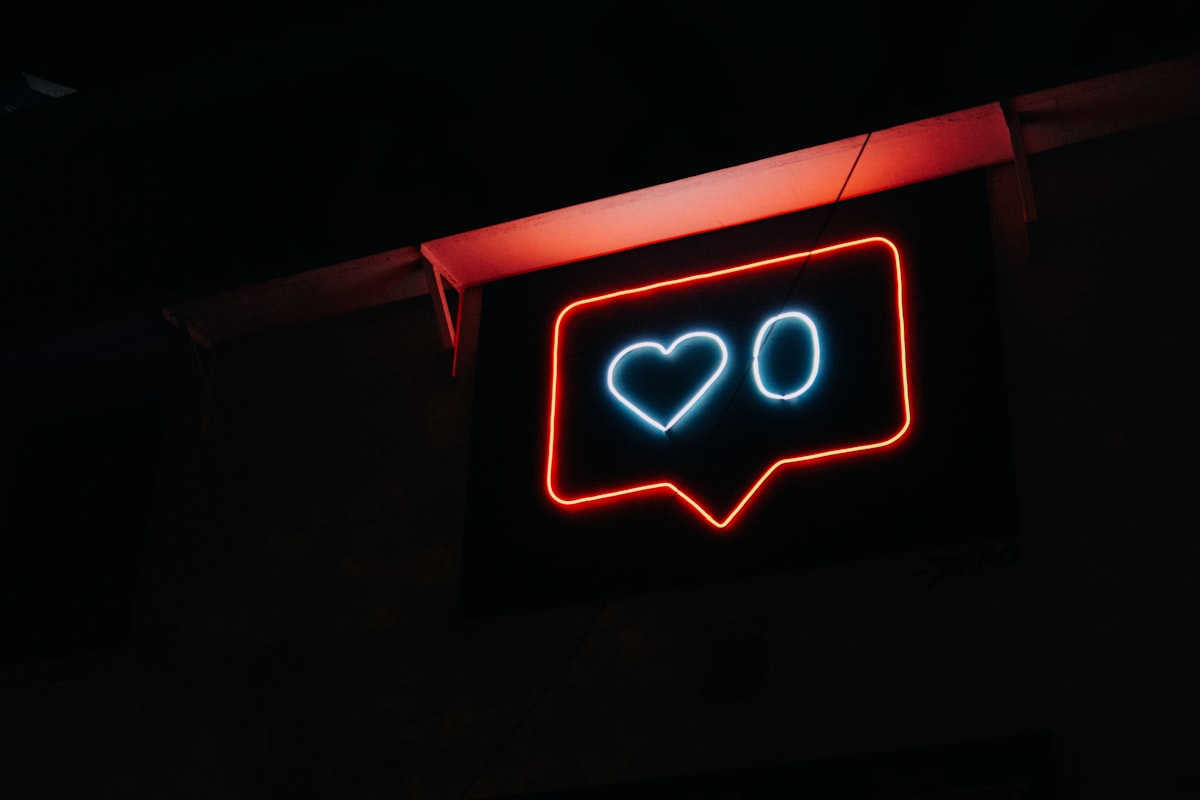Are we past social media?

Facebook has been losing steam for years, and now Instagram has also started to feel stale. Twitter has objectively devolved into a toxic cesspool, and Mastodon feels like a half-backed, overly cumbersome platform. As innovators, we feel in our bones that such a market is ripe for new entrants, if not proper disruption, right?
We might even see the early signs of a new wave of social media coming up with the explosive rise of TikTok and, more recently, the founders of Instagram (like a few others) trying to get back in this market with a new vision.
Well, maybe. Maybe not.
The overall social media platform market was still all fun and games ten years ago. But this was before Cambridge Analytica, ethnic massacres in Myanmar and Ethiopia, and neo-fascists trying to overthrow democracies. This is now a loaded market to enter. A market where typical startups will be ill-equipped to just move fast and break things, hoping that regulatory pressure from Europe or the U.S. won't catch up anytime soon. Don't have a few dozen million dollars to push in lobbying your local Senate? Don't even think about it anymore.
On the other hand, the current players have zero chance to reinvent themselves. Meta has fallen into the VR rabbit hole, never to return. Google consistently failed at social media (rest in peace, Google Wave). Apple has been in the same boat (rest in peace, Ping). Microsoft just cares about business and games but does very well in that regard. And Amazon? Amazon is probably a wild card. But they sure haven't shown any sign of going beyond product recommendations and managing third-party sales.
Another key issue is that most VCs are now tapped or simply burned out on the idea of funding a mega platform at a loss for ten years, hoping to make it big in the end. If anything, Uber is now sending a clear signal. We opened the box, and this huge Schrödinger's cat seems to be dead – or at least is really stinking.
And if you have hope that consumers are, in any case looking for their next Facebook or Twitter, I don't see any massive migration going on right now. People leave these platforms and do not go elsewhere very much. Remember Clubhouse? No? Exactly! And yes, there's TikTok. But TikTok is mostly competing with Youtube as an entertainment platform more than anything else.
At this point, I'm starting to ask this simple question: have we, as a society, moved past the relentless need to share in real-time how the cinnamon flakes on our matcha latte make a heart emoji?


